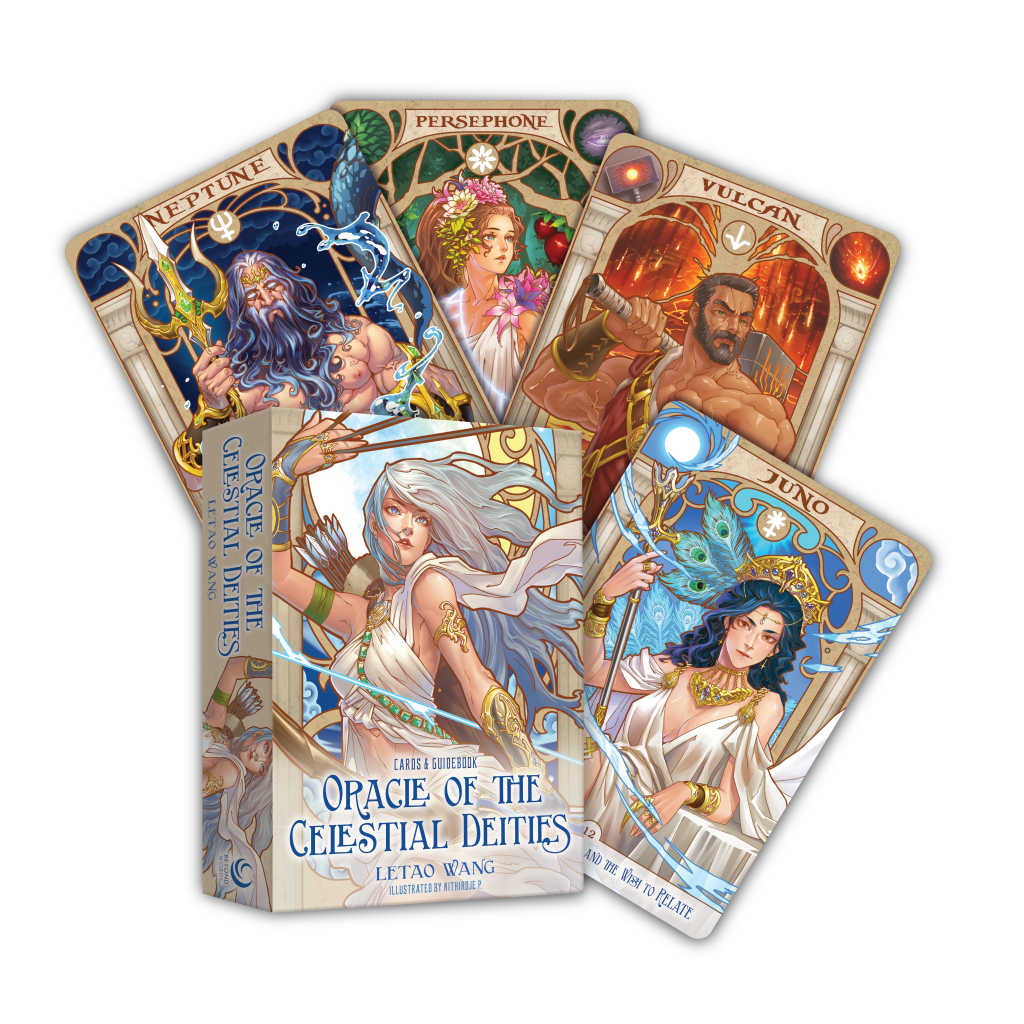
Sing, O’muses, of Orpheus, the legendary musician and poet, whose dulcet music could charm even the gods and soften the hearts of the fiercest. He was of unparalleled talent. His lyre playing enchanted all who heard them—mortals and gods alike. His love for the beautiful nymph Eurydice was profound, and their marriage seemed blessed by the very muses that inspired his art. However, their happiness was tragically short-lived. Eurydice, while fleeing from the unwanted advances of another, stumbled upon a serpent whose venomous bite claimed her life. Stricken by grief, Orpheus descended into the underworld, resolute in his quest to reclaim his beloved from Hades.
Facing the frightening king and queen of the underworld, Orpheus gently withdrew his lyre and wove a melody that was so melancholic that it melted the hearts of the souls of the underworld. So Hades granted Orpheus a single chance to take Eurydice back to the world of the living, but under one condition: he must not look back at her until they had both reached the sunlight.
While seemingly simple, this condition encapsulates an important lesson in trust and surrender. As Orpheus guided Eurydice through the shadowy realms, doubt began to blur his vision. Was she still following him? The fear of losing her forever gnawed at his resolve. Just steps away from the sunlight, he couldn’t help but turn back, only to witness Eurydice being pulled back into the abyss, and the gate of the underworld forever shut for Orpheus.
The lesson of Orpheus’s ultimate failure teaches us about the necessity of letting go. Our clinging to the past, to loved ones who have departed, or to the fading memories of yesteryears, parallels Orpheus’s fatal glance back. It stresses the importance of surrendering to the present, trusting in the flow of life, and embracing the future with openness. The reason for which we are forever trapped in the traumatic past is because true healing only begins when we release the shackles of our grief, allowing the wounds of our heart to be tended by time and acceptance. In counselling, I have encountered many souls who are Orpheus alike, lamenting the loss they have suffered from. Perhaps in such emotional state, we are really urged to trust in the cyclical nature of existence, to understand that departure in the physical realm does not signify a severance of the bond. Much like Orpheus’s music that bridged the realms of the living and the dead, our memories, acts of love, and tributes keep the essence of our loved ones alive. It’s through these gestures of remembrance and the passage of time that healing unfurls its wings, lifting us beyond sorrow’s grasp.
Meanwhile, the process of healing also requires our commitment and responsibility. Orpheus’s journey wasn’t devoid of risks and trials but demanded unwavering faith and steadfastness. This mirrors our own spiritual pursuit, where divine guidance can offer a beacon, yet it is our commitment to the journey that sees us through. We must be willing to channel our grief and pain
into creative outlets, much like Orpheus used his lyre. Art, music, writing, and other forms of expression become conduits for our emotions, offering a canvas to pour out our anguish and craft something beautiful from it. It’s an invitation to transform pain into purpose, to find in our suffering a source of strength and artistic resurgence.
With your inner mythic hero Orpheus, the creative, courageous, and loving artist of your heart, are you finally ready to embark on your own journal of healing?
About the Author:
Letao Wang, acclaimed author of Oracle of the Mythic Heroes and Oracle of the Celestial Deities, is a professional astrologist, tarot specialist, and the founder and spiritual counsellor of the Healing Kingdom. He has been offering astrology, tarot, and numerology readings to clients in Hong Kong and abroad since 2015. In addition to his services, he shares his insights through Bustle.com ’s astrology column, where he is a regular contributor.
An excellent marketer and sensitive intuitive, Wang was named Spiritual Guide of the Year in 2020 by Hong Kong’s Liv Magazine, and was given the Hong Kong Influencers Award in 2019 and 2020 by Hong Kong Living Magazine. Wang is also a member of the Hong Kong Society of Counselling and Psychology as well as a member of the Australian Counselling Association. His own education includes a master’s in counselling, a master’s in translating and interpreting Chinese and English, an advanced diploma in applied astrology, and a bachelor’s in English.
To learn more, follow Letao on Instagram @letaowang or visit www.thehealingkingdom.com.


